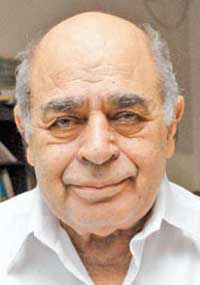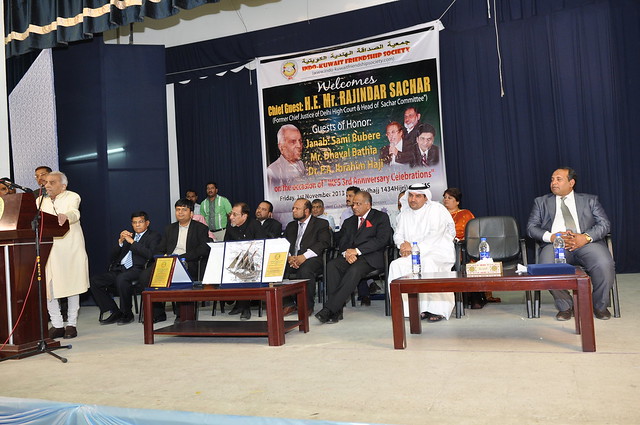By Mohammad Sajjad,
Quite often we, the academics, tend to point our fingers more towards the lapses of the administration in the universities, and we often spare even the serious lapses of our own. With the growing expansion of web contents, tracing the cases of plagiarism are increasingly becoming easier. Few years back, in a university an Associate Professor was found to have published a research paper wherein only “creative paraphrasing” was in the name of the author. The VC of the university, even though a non-academic, on being reported, got outraged and he dismissed the plagiarist from the services even though the plagiarist was the son of a highly placed functionary of the UGC.
Our very own AMU, in one such case debarred the erring supervisor from supervising researches for few years. Around the same time, a faculty member of the same university was reported to have plagiarized and published it (by paraphrasing the prose) from another globally renowned institution headed by an academic having obtained higher education degrees from Oxford. But he is yet to initiate appropriate action. Isn’t it shameful?
Reports are now coming about plagiarism of the worst order (verbatim reproduction pages after pages, chapters after chapters) in PhDs. Previously awarded PhD thesis are put to worst abuse by criminals disguising as research students. Worse still, the supervisors prefer not to look into the thesis as to whether:
(a) the prose used in the thesis really testify the articulation abilities of their students,
(b) the introductory chapter really engages with the topic and sub-topic of the thesis,
(c) the Conclusion of the study really comes out with a verdict on the subject of the thesis,
(d) A chapter consists of a content which really deserves to be put as Appendix, in other words, rather than a chapter being an analytical narrative, is consisting of profiles of personalities lifted from somewhere widely known published works,
(e) horribly incomplete references and completely missing from the Bibliography,
(f) the student is really in possession of the sources/evidences.
BIG SHAME on such remorseless, unrepentant, reckless supervisors, who think with utmost arrogance and shamelessness that no action can ever be initiated against them.
In one instance of historical study, a chapter mandating itself to end the discussion in a particular year kept running fast up to few decades beyond the mandated heading of the chapter, and the supervisor kept himself blissfully ignorant about all these things.
There are also reports (not concretely verified) that PhD theses awarded from some of the regional universities are now being plagiarized by the students of Central universities who get themselves assigned the topics already explored in those regional universities.
While harsh actions against such crimes will have deterrence effect and will help in curbing such crimes, this is also very necessary on the part of us academics that during first two semesters of registration in PhD, the students’ admission should remain provisional, and unless a board of teachers of the relevant Departments approve the re-worked synopsis (which, in most of the cases, should rigorously engage with the published works/journal essays related to the topic), the registration in PhD should not be confirmed in the 3rd semester. I am told that better known (for rigours) Departments of JNU do follow this procedure whereby the newly enrolled PhD students remain on run searching for such published works and developing their own opinion on the issue. Thus, defending the synopsis in itself becomes a rigorous academic exercise.
As per the new provisions of the Union government of India, the research students of the Central universities get handsome fellowship to pursue their research. This puts additional responsibility of research ethics. Similarly, a supervisor gets score for supervision in his/her Academic Performance Index (API), which burnishes the promotion prospects of the supervisor, besides usual credit of the work. In this scenario, recklessness and slackness in checking the theses is nothing but a crime. And this crime has become detectable because as per the new provisions, every PhD thesis is to be uploaded on UGC’s website called shodhganga-inflibnet. The river Ganga is polluted, and we are also getting instances of shodh (researches) being more polluted with plagiarism.
We, the academics must take a pledge to take every care of avoiding this pollution/degeneration. The VCs and the decision making bodies of the universities like the Academic Council (AC) and the Executive Council (EC) must dispense a kind of justice on such issues which go a long way in preventing, preempting, and deterring the crime of plagiarism.
--
Mohammad Sajjad is associated with Centre of Advanced Study in History at Aligarh Muslim University.



















